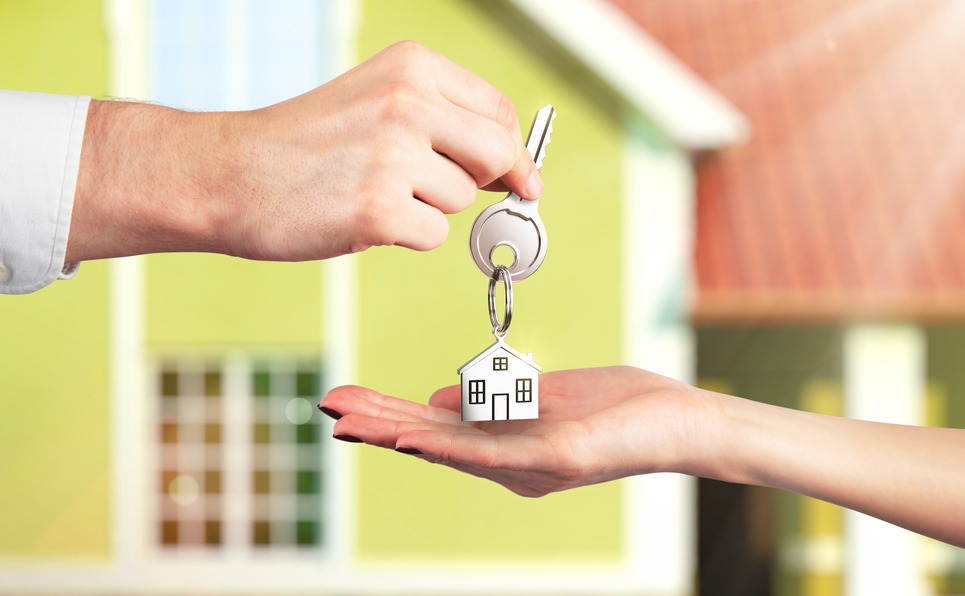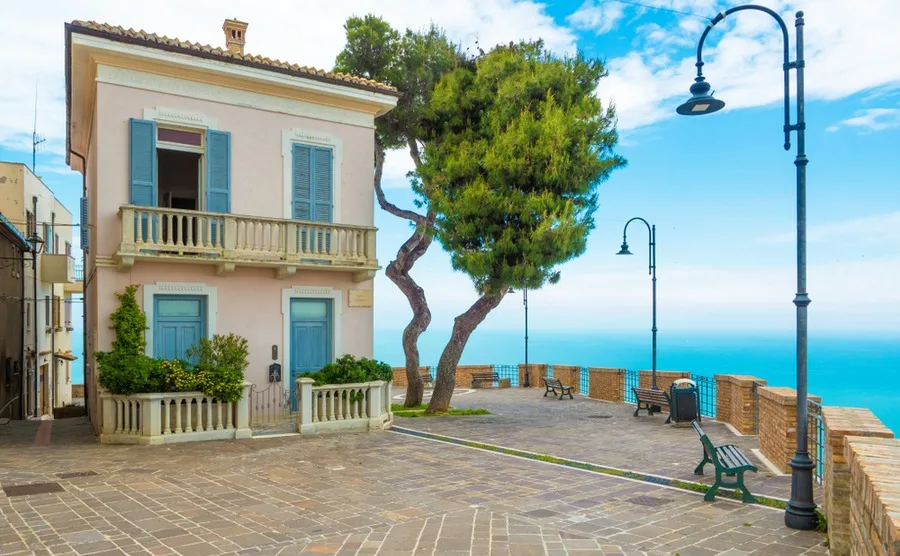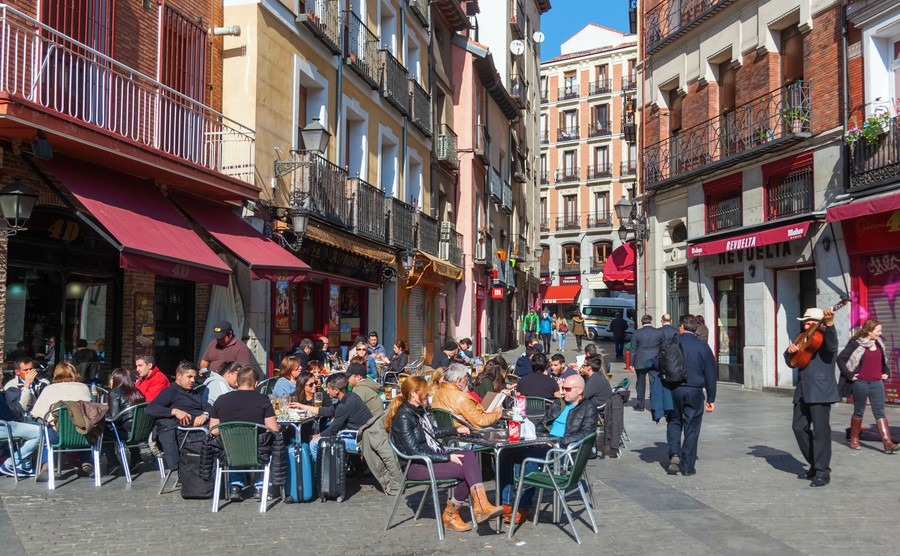There’s a lot of planning involved in buying a holiday home, especially if it’s overseas. So much so, you won’t fully appreciate what’s involved with a holiday home until you actually own one.
Here at Property Guides, we want to help you get the best start possible, so we’ve pulled together some pointers to offer guidance on things you can plan for to make life easier later.

Choose a reliable key holder
1. Choose a reliable keyholder.
For peace of mind, appoint someone to hold a set of keys and keep an eye on your property while you’re not there. Access might be required in your absence for maintenance (or in the unlikely event of an emergency), while having someone visit your property intermittently helps for security. Typically, a local property agency will offer this service – they’ll do this anyway if you’re using them for holiday lets. Alternatively, you could call on a friendly neighbour or fellow expat and offer to pay them a small sum, or take them out for a meal or two as repayment.
2. Budget for your ongoing costs.
The easiest way is to put aside money every month – or few months – to cover your holiday home’s running costs. You then have funds available when you need to top up your foreign bank account. Start by working out a ballpark for your fixed annual costs, taking into account annual taxes, utility bills, insurance and community fees (if applicable).
You also need to find out when any annual taxes need paying and how they are paid. Use Smart Currency Exchange to transfer funds to your foreign bank account – they offer competitive exchange rates and a secure, efficient service use and could even set up a regular payment plan for you.

A local coffee shop is a great place to meet your neighbours
3. Make your face known locally
Generally, in continental Europe, much of life still happens in person rather than over the internet or via apps. People like to chat and receive a service face-to-face, and nowhere is this more evident than in the local bank branch.
Meeting your local bank manager and enabling them to put a face to your name will do wonders for the service they offer – it’s not unusual to be on personal email terms, which helps with long distance banking. Similarly, pop in and say hi to your keyholding agent each time you visit your property, get to know some local shop and cafe owners and make an effort to meet your neighbours and other residents in your community or complex. The more people who know you are a local homeowner, the more eyes and ears you have looking out for you and your new home.

Teramo is a favourite among Italians for holiday homes. ValerioMei / Shutterstock.com
4. Be wary of offering your property to acquaintances
…to anyone and avoid letting people stay for free (except your folks maybe!). If you want to make your overseas home available to trustworthy friends and family, ask for a nominal contribution to cover bills. Treat it like you are offering the ‘space’ for nothing (or at a mate’s rate), but they need to cover the cost of the electricity, water, gas etc that they personally use. It’s like lending someone your car – you wouldn’t expect to pay for the petrol they used!
5. Plan how you will maintain the property
Every property needs looking after, some more than others. Gardens, land and/or swimming pools all require regular maintenance, compared to a lock-up-and-leave first-floor apartment that requires very little. Replacing lawn and vegetation with terracing or hard-standing might not be so pleasing on the eye but makes life much easier.
You could pay your keyholder to look after the outside space year-round or just make things pretty before you visit. Many homeowners use off-season trips to get up to date with jobs. What you don’t want is to arrive at your home expecting to enjoy a holiday and spend most of your time doing chores! If you appoint a local agency to manage holiday rentals for you, they will usually offer to take care of all the maintenance (at a cost). That way, you know your place will be kept in tip-top condition and you should be able to visit without needing to lift a finger.

Old Town in Madrid
6. Take time to explore new places
…and do things outside your resort or immediate locality. These could be historic villages or towns, olive farms and vineyards, other producers of regional gastronomic specialties, natural parks and places offering outdoor activities, the area’s best markets, water parks or memorable restaurants in special locations. Find out when local festivals are and make a point of going to some. Over time, you’ll build up a list of favourite ‘rainy day’ or ‘non-beach day’ options, enriching your visits and overall experience of owning a second home somewhere.
7. Take time to kit out your new place
Besides the essential household items, you’re going to need items suited to your holiday lifestyle, things you wouldn’t usually need back at home. Once purchased, you can leave them in your property (preferably locked away from other guests who might stay). Your shopping list should include sunshades and sun protection, beach and swimming pool paraphernalia, insect/mozzie repellents, favourite games (a pack of cards rarely fails).

8. Book flights out as early as possible.
Plan future trips to your home as much as your lifestyle allows. Some homeowners book a series of low-cost flights for the year ahead. Because they’re buying fares when they’re super cheap, they prepared not to use some of them if dates don’t work out – but glad to have the option. Check seasonal flight timetables as soon as they’re launched and get booking – you’ll soon learn which airlines and routes are best for you.
For more advice on buying a holiday home overseas, download our FREE guide today

